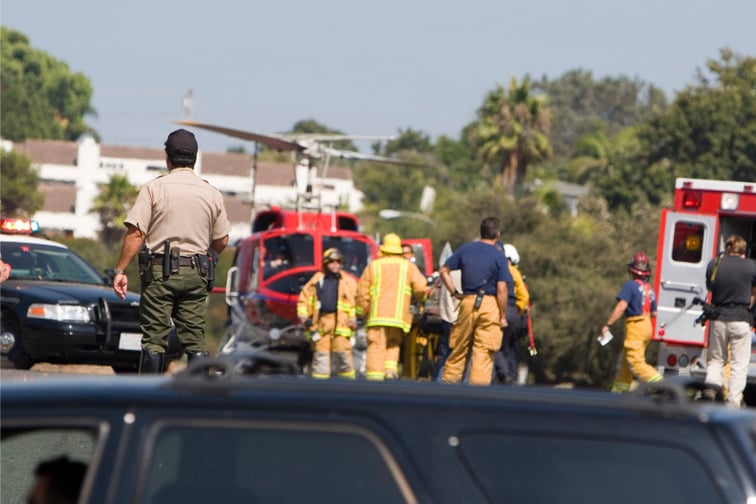

A bill that seeks to modernise New Zealand’s emergency management system will be filed in Parliament, Minister for Emergency Management Kiri Allan said.
The bill will supersede the Civil Defence Emergency Management Act 2002 and will “address a number of identified shortcomings to ensure the system can meet current and future needs,” Allan said.
The legislation was formulated after a ministerial review found vulnerabilities in the system, particularly in the response phase. These vulnerabilities were highlighted by the aftermaths of the 2016 Kaikoura earthquake and the 2017 Port Hill fire.
“Since then, the government allocated $46.6 million over four years in Budget 2021 to the National Emergency Management Agency (NEMA) to strengthen our emergency management system and support inclusive, community-led responses to natural disasters and health events,” Allan said. “The new bill will introduce changes that clarify the roles and responsibilities at the national, regional, and local levels, and those of our critical infrastructure providers – the services that are essential for everyday life – to ensure optimal use of resources and coordination of effort.”
The bill will empower NEMA’s chief executive to authorise emergency management rules, making the system more flexible. Some of these rules include specifying what health and disability services will do in an emergency or setting out who is responsible for what during a mass evacuation.
The legislation will also incorporate greater Māori participation throughout the system – in the governance, planning and operational levels.
This will recognise “the crucial role Māori and marae play in community responses to emergencies,” Allan said.
